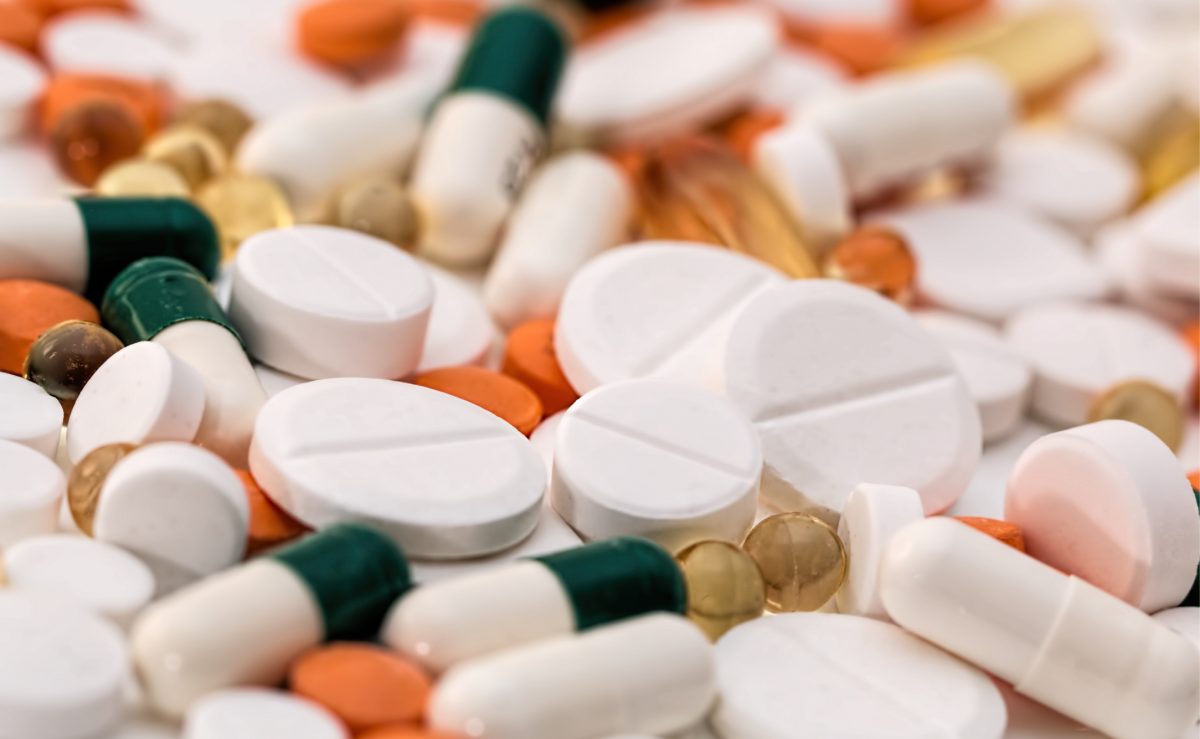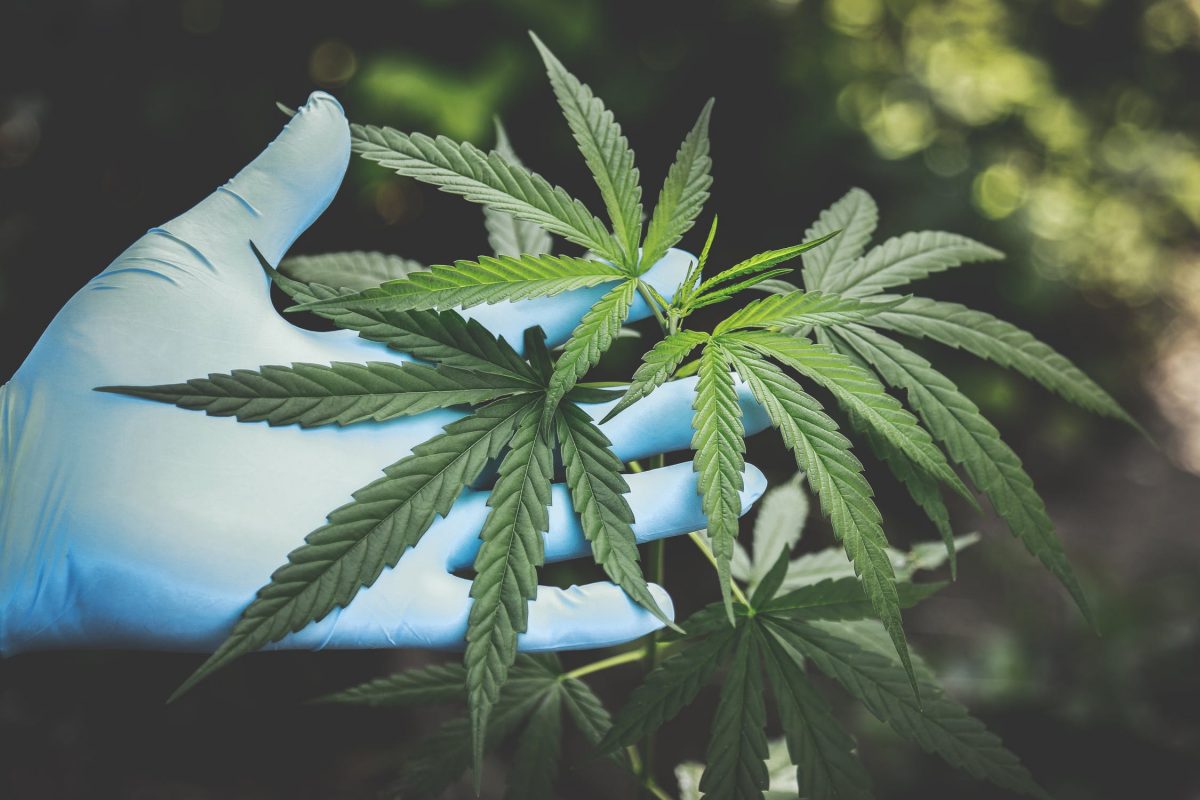The Social Affairs Commission (CAS) approved the Senate Bill (PLS) 437/2018 on Wednesday. The bill limits the ownership of drug patents by 20 years. Authorized by Senator José Serra (PSDB-SP), the proposal adapts Brazilian legislation to the World Trade Organization (WTO) Agreement on Trade-Related Aspects of Intellectual Property Rights (TRIPS), which Brazil is a signatory.
TRIPS – signed by Brazil, the United States, the European Union, Japan and other nations in 1994 – provides that property rights over intellectual creation, a patent, expire after 20 years of registration.
PLS 437/2018 received a favorable vote from the Rapporteur, Senator Romário (Podemos Party-RJ). In his evaluation, the project has the potential to improve the licensing of medicines patents in the country. From the sanitary point of view, said Romário, the project corrects flaws or omissions in the legislation in force.
“Through these extended patent validation strategies, the industry delays the arrival of generic drugs on the market and prolongs its economic gains from the original product monopoly. This harms both consumers directly and public pharmaceutical care policies, in which the main purchaser of medicines is the government, and in this context, the measures envisaged in the project under review reinforce Anvisa’s role and its obligation to evaluate patent applications from the perspective of health interest,” said the senator.
The text was followed by the Commission for Science, Technology, Innovation, Communication and Information Technology (CCT) and then by the Commission on Constitution, Justice, and Citizenship (CCJ), which will be a final decision.
News from: Agência Senado


